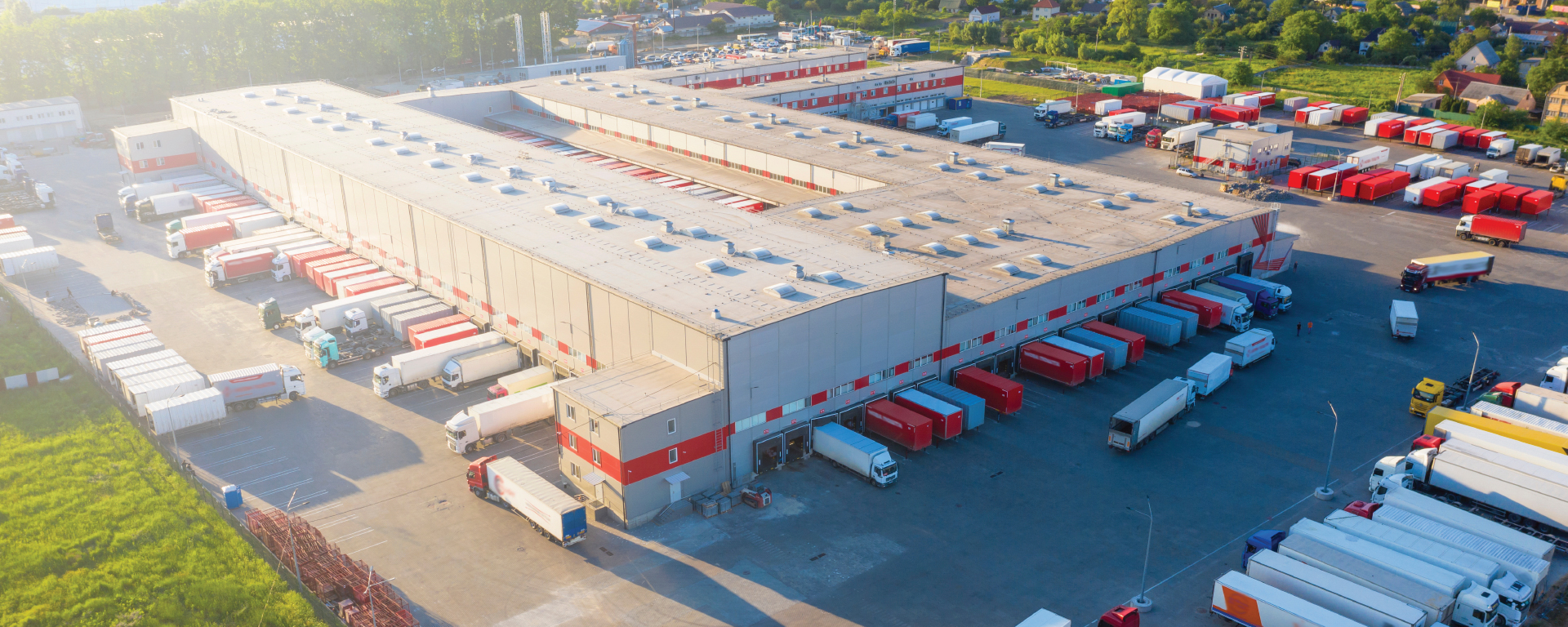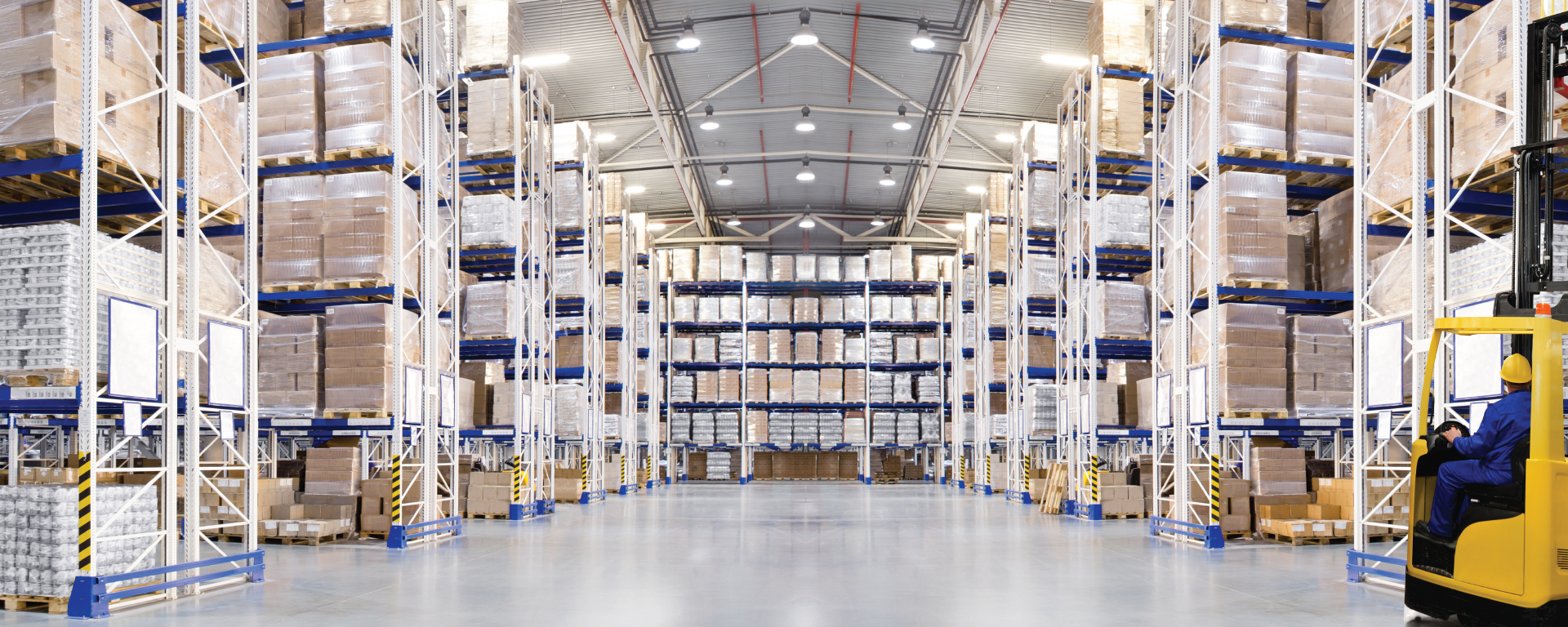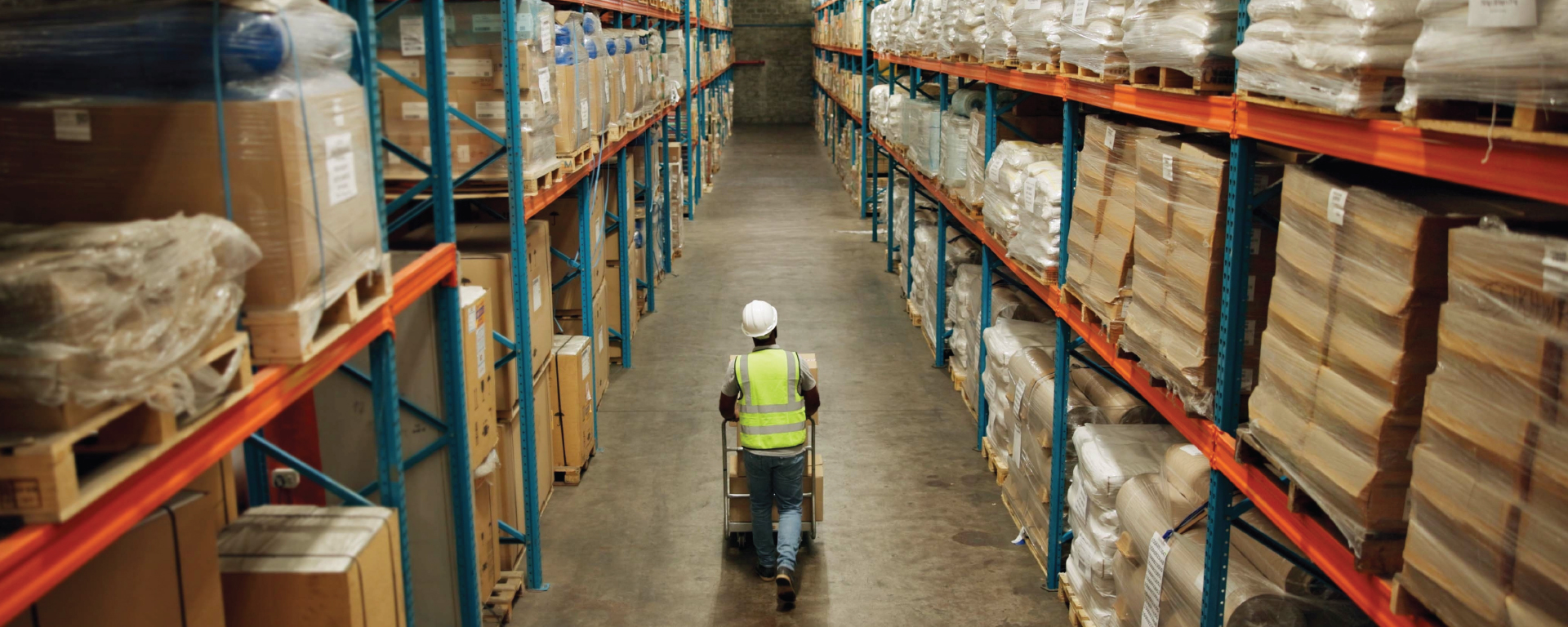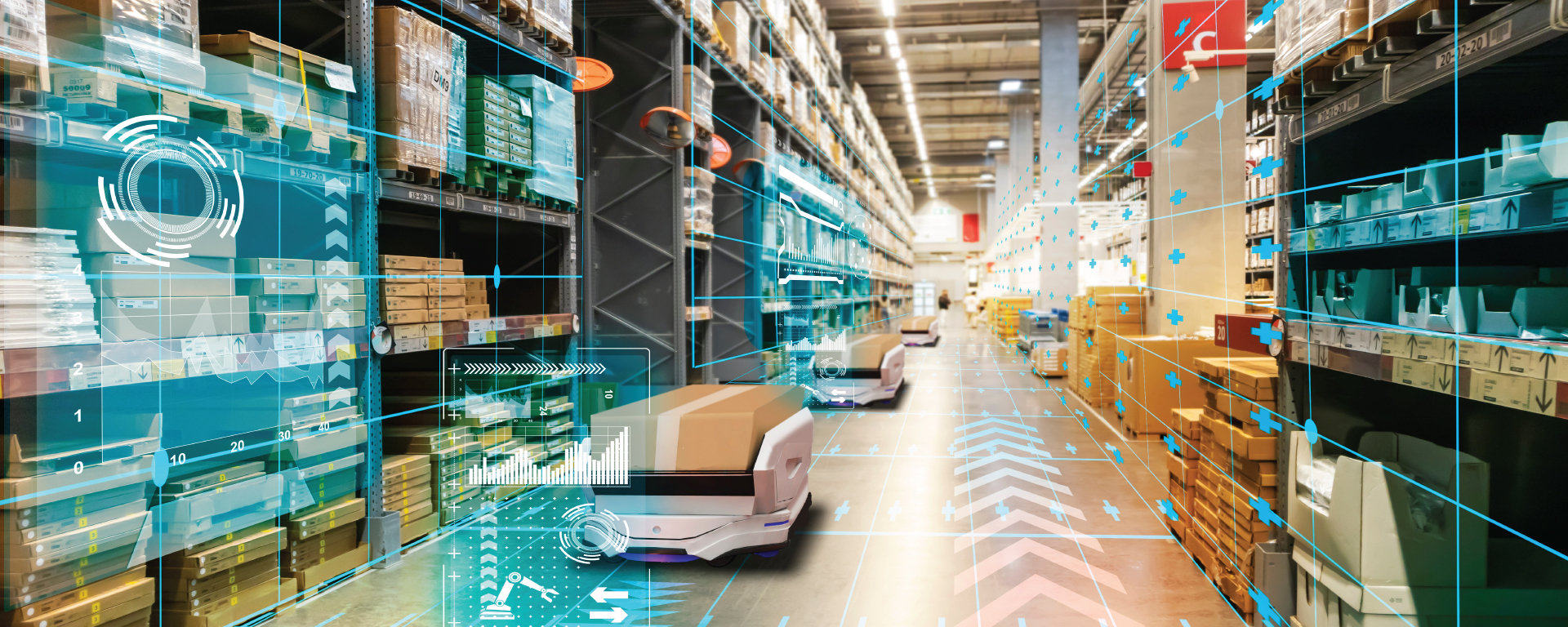India’s supply chain is undergoing rapid transformation, as logistics parks are increasingly contributing to revolutionising the country’s logistics network. Spanning major cities and states, these modern-day transportation hubs enable efficient management of goods and materials to ensure smoother delivery processes.
Logistics parks have become an essential part of the Indian logistics infrastructure, allowing businesses to enjoy cost savings and better service quality. In the section below, we’ll shed light on these logistical hubs’ pivotal role in the country’s evolving supply chain ecosystem, which is integral to India’s economic development.
The Indian Logistics Landscape
India’s logistics industry, though robust, faces challenges arising from diverse terrains, infrastructural variations, and regulatory complexities. While this sector forms an essential part of of the Indian economy, it has historically encountered hurdles that have hindered its growth. However, in recent years, logistics parks have emerged to the forefront, reshaping how goods are stored, transported, and distributed across the country.
Key Functions of Logistics Parks
- Centralised Warehousing: Logistics parks provide a centralised warehousing solution that caters to diverse business needs. Equipped with state-of-the-art facilities and technology, these hubs offer secure and efficient storage options for various products. Centralisation minimizes warehousing costs, curbs inventory holding times, and optimises stock levels.
- Transportation Hub: Strategically located logistics parks serve as transportation hubs where various modes of transportation converge. This integration facilitates seamless cargo transfer between trucks, railways, and air freight, reducing transit times and transportation costs. Enhanced connectivity also bolsters the distribution network, enabling businesses to reach markets swiftly.
- Value-added Services: Logistics parks offer various value-added services, including packaging, labeling, quality control, and product customisation. These services enhance the supply chain by ensuring that products meet market standards and customer expectations. Moreover, they allow businesses to focus on core activities while entrusting secondary functions to logistics park experts.
- Regulatory Compliance: Navigating India’s intricate regulatory landscape can be daunting for businesses. Logistics parks streamline compliance processes by offering dedicated teams to handle documentation, customs clearances, and tax-related matters. This reduces bureaucratic delays and mitigates the risk of non-compliance, penalties, and fines.
Impact on Logistics Park Supply Chain Efficiency
The advent of logistics parks has profoundly impacted the efficiency of India’s supply chain. Here are key areas where their influence is most palpable:
Cost Reduction: Through space optimisation, reduced transit times, and shared services, logistics parks enable businesses to trim operational costs significantly. This cost efficiency translates into competitive consumer pricing, stimulating demand and bolstering economic growth.
Inventory Management: Efficient warehousing and inventory management systems at logistics parks empower businesses to maintain leaner inventories. Reduced stock levels free up working capital and diminish the risk of overstocking or stockouts, enhancing overall supply chain resilience.
Improved Connectivity: Logistics parks that are strategically located near major highways, railways, and ports ensure efficient connectivity to domestic and international markets. This accessibility is vital for businesses seeking to expand their reach and access new customer bases.
Sustainable Practices: Many logistics parks in India adopt sustainable initiatives, such as solar power generation, rainwater harvesting, and waste recycling. These endeavors reduce the environmental footprint of logistics operations and align with global sustainability goals.
Enhanced Visibility and Tracking: Logistics parks incorporate state-of-the-art tracking and monitoring systems that offer real-time insights into the movement of goods. This level of visibility is indispensable for supply chain managers and businesses, enabling them to monitor shipment progress, identify potential hurdles, and make data-driven decisions. Leveraging cutting-edge technologies such as RFID (Radio-Frequency Identification), IoT (Internet of Things) sensors, and GPS tracking, logistics parks empower stakeholders to accurately trace and oversee their shipments throughout the supply chain journey.
Boosting India’s Economic Growth
The contribution of logistics parks to India’s economic growth is profound. As these hubs increasingly integrate with the supply chain, they play a pivotal role in several key aspects of economic development:
- Job Creation: Logistics parks generate employment opportunities across roles, from warehousing and transportation to administration and technology. This leads to improved livelihoods and increased operational incomes for the workforce.
- Attracting Investment: Modern logistics infrastructure development has attracted domestic and foreign investments in India’s supply chain sector. This influx of capital supports further infrastructure development and technological advancements, fostering a favorable investment climate.
- Facilitating Trade: Efficient logistics parks simplify import and export processes, facilitating international trade. This boosts India’s exports, strengthens its position in global markets, and fosters economic growth.
- Rural Development: The strategic placement of logistics parks extends economic development to rural areas, providing job opportunities and better infrastructure in previously underserved regions. This contributes to balanced regional growth.
Conclusion
Logistics parks have emerged as vital components in India’s supply chain, reshaping the dynamics of the sector and catalysing economic growth. With their centralised warehousing, efficient transportation, value-added services, and compliance expertise, these hubs offer comprehensive solutions to the challenges that have historically hindered the logistics industry in India.
As India advances towards becoming a global manufacturing and trading powerhouse, logistics parks will continue to be essential in ensuring the smooth and efficient operation of the supply chain ecosystem. Their role in driving job creation, economic growth and sustainable development is pivotal.





